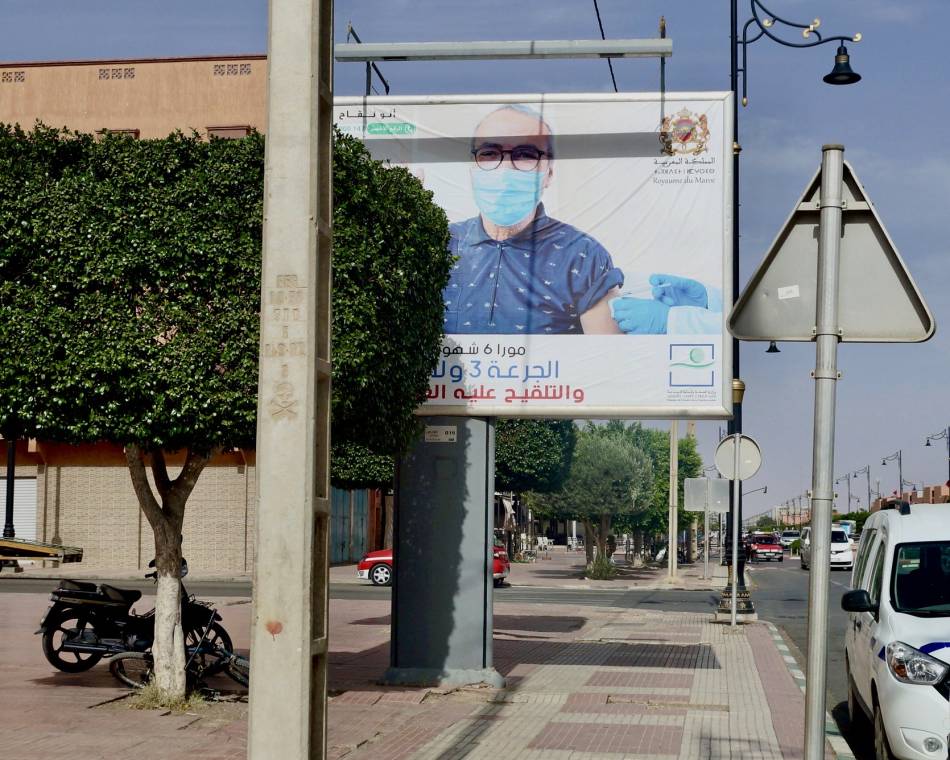GENEVA (AN) — The public health experts who first declared COVID-19 a pandemic said it isn't over yet and the spread of new variants "may present an even greater health threat."
A committee of experts chaired by French surgeon Dr. Didier Houssin "unanimously agreed that the COVID-19 pandemic still meets the criteria of an extraordinary event that continues to adversely impact the health of the world’s population," the World Health Organization said on Tuesday.







